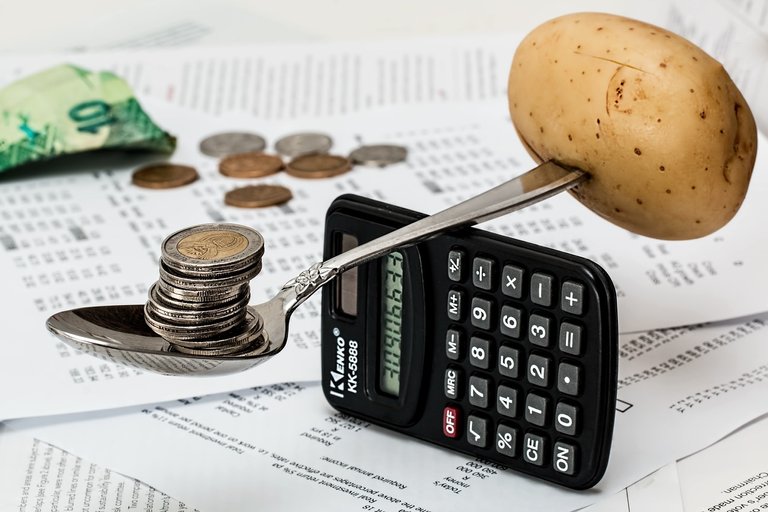Today, I journeyed from Lagos State to Delta State to reunite with my parents, whom I hadn't seen since giving birth. My baby is a year old now so I brought her along to foster a connection with her grandparents. What used to be a $5 journey two years ago now demands $20, marking a staggering 300% surge in costs within just two years. While I'm no math whiz, it's evident that my finances are taking an unexpected hit.
I'm someone who diligently crafts a shopping list before heading to the market to stay within my budget. However, lately, it feels futile as prices keep climbing steadily. There are instances when I return home from the market questioning if I've inadvertently lost money, as I often end up using funds earmarked for miscellaneous items on necessities.
These shifts began when the value of our currency, the naira, depreciated against the dollar. Two years ago, the exchange rate hovered around $1 to 500 naira, but it steadily escalated, reaching $1 to 2000 naira, and currently stands at around 15600-1600. In my country, price hikes in goods and services swiftly follow an increase in the dollar rate, yet they seldom decrease even when the dollar rate stabilizes or decreases.
Being a country heavily reliant on imports, controlling the downward spiral of the naira posed a significant challenge. The government attempted to address this by implementing measures such as banning the importation of key food items and numerous goods and services, while promoting local production. However, this strategy has backfired as local products, once significantly cheaper, have also seen price hikes. Consequently, they now compete with imported goods on price, exacerbating the economic challenges.
I made the decision to cancel my cable television subscription due to the inflation-driven doubling of the subscription rate within just three months. That seemed very unreasonable to me. There is an unreliable electricity supply so it made little sense to invest in a service we couldn't fully utilize when those funds could be allocated to more essential expenses.
The inflation has drastically altered my habits, leading me to rarely venture outside. With transportation fares doubled, I now limit outings to only essential trips. Moreover, I've significantly reduced the number of visitors I entertain at home. Previously, I welcomed many guests and ensured they were well-fed, but with the exorbitant prices of food items, I hardly invite anyone over or accept any invitations.
I've adapted my lifestyle to cope with the rising costs. Instead of my usual expensive beverages, I've switched to more affordable options. Now, it's less about the nutritional value and more about having something to drink. Additionally, I've altered my eating habits, reducing my meals from three to two per day. It's a necessary adjustment to manage expenses in this challenging economic situation.
I've stopped purchasing clothes from traditional boutiques altogether. Instead, I've turned to buying second-grade clothes, and surprisingly, I've discovered some really nice items. With a bit of washing and proper ironing, they look just as good as new, and no one can even tell they're second-grade materials. It's a very practical way to save money while still maintaining a decent wardrobe.
The impact of inflation is challenging for salary earners and the situation is undoubtedly even more difficult for the unemployed. It's a concerning time for everyone, and we can only hope for measures to mitigate the effects and eventually stabilize the economy.
This is a response to the Marchinleo prompt of the day.
Posted Using InLeo Alpha
